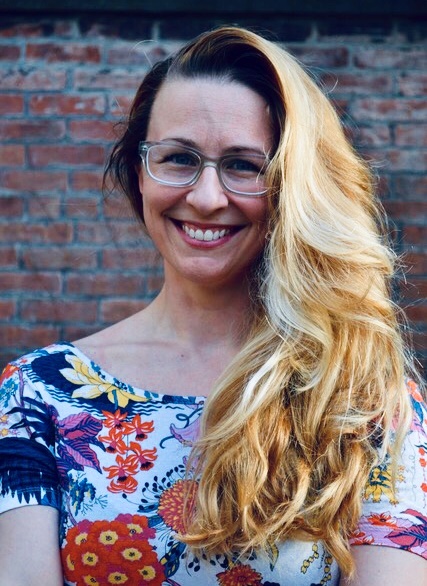Jessica Whitfield, MD, MPH isan acting assistant professor in the UW Department of Psychiatry & Behavioral Sciences and a former Integrated Care fellow. She is interested in systems-level solutions to improving quality of care, overcoming provider shortages, and decreasing access barriers for patients as well as the emphasis of integrated care on population health, interdisciplinary teamwork, and data-informed care. Dr. Whitfield collaborates on quality improvement and implementation for both the fulltime Integrated Care Fellowship and the Community-Based Integrated Care Fellowship
What do you find most satisfying about working in integrated care or on the Integrated Care Training Program (ICTP)?
During the ICTP fellowship this past year, I especially enjoyed any opportunity to interact directly with providers in rural or extremely low-resource areas, hear their concerns and needs, and work with them to try to address those needs in real time. The most rewarding experience of the year was working with an implementation team to assist a clinic located in a remote area of eastern Washington in developing a collaborative care program at their site. Participating in the UW PACC program was also a fabulous way to join with providers all around Washington state each week to learn about various topics in mental health and address specific cases those providers bring in, while also having the chance to “take a temperature” on issues that rural Washington may particularly struggle with.
From your perspective, what do you feel are the greatest successes of ICTP to date?
The ICTP program is facing quite a challenge, because the need for mental health services, in Washington state in particular, is so dire that addressing those needs with more immediate approaches is necessary but must be balanced with long-term plans to increase capacity of the mental health system statewide over time. I’m impressed that the ICTP program and UW at large has been able to navigate funneling resources and funds into both approaches, and am especially excited about the work the Community-Based Fellowship is doing in reaching counties all across Washington.
What is your greatest failure, and what did you learn from it?
If we’re thinking about “greatest failure” as the failure that has taught me the most, then I’d say it is actually a series of small, repeated failures in following the advice, “be curious, and never assume.” This advice came from an attending in medical school who pushed us to ask follow-up questions of patients, even if we thought we knew the answer, to prove how many times we were wrong in our assumptions. I was wrong a lot. Sometimes I will still catch myself not asking that extra follow up question, and invariably, once I ask it, I realized my assumption was off and end up learning something new about that patient, clinical situation, or even topic/question I’m researching. These small failures actually amount to something great, because they continually anchor me to remaining curious and open. I think doing this helps leave room for people to exist more fully in their humanity, and for things to continually surprise you.
Describe your perfect day outside of work.
Any day that has any combination of: iced coffee, sun with maybe a few clouds to look at, hiking, a ferry ride, a bike ride to a destination with a good snack, crafting, looking at art, seeing a great movie, checking out a new city/nature spot, a thrift store, an interaction with an animal (as long as it’s not a bear, mountain lion or moose), friend time, alone time to read, maybe a nap.
What book are you reading and what do you like about it?
I’m a big fan of reading, and am always excited to learn about new books, so if you see me around and are reading a great book, please tell me about it! I do read fiction but have noticed a strong gravity in my reading towards nonfiction topics like United States history, race in America, journalism, and weather. I’m currently reading Jill Lepore’s These Truths, which is a tour of United States history that thus far seems more balanced and nuanced than other times I’ve read about US history. A good abbreviated intro to her history work would be The Story of America, a collection of essays focusing on 1700 -1800s America that is so informative and riveting that it could count as one of the few books in the “Beach Reads/History Class Crossover” section. I also recently finished and highly recommend: Janet Malcolm’s nonfiction book The Journalist and The Murderer, which is a searing analysis of the oftentimes fraught relationship between journalists and their subjects, and has one of the more memorable opening lines in nonfiction; Thick by Tressie McMillan Cottom, who does a brilliant job at breaking down how racism, sexism, capitalism and globalism intersect; and White Fragility by Robin DiAngelo, which is a very helpful resource for those less subject to race-based stress who want to learn how to respectfully and constructively navigate conversations around race.
Thank you very much, this has been “Reading Rainbow: The ICTP Edition.”
